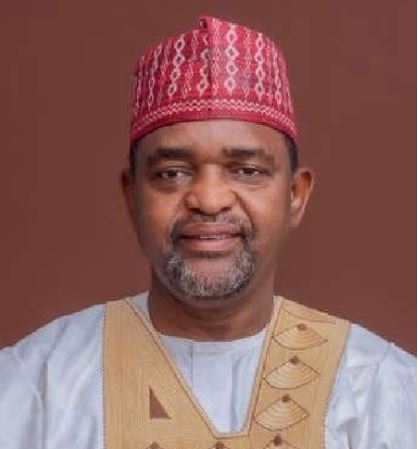The Kano State Government, in collaboration with Global Sight Nigeria, recently spearheaded a comprehensive leadership and business development training program for leaders of artisan and technician associations across the state. Recognizing the pivotal role these associations play in the local economy, the government aimed to empower their leaders with the necessary skills to enhance their businesses and rectify prevailing misconceptions about leadership. The training, held over a single day, attracted participants from a diverse array of 164 associations, underscoring the initiative’s broad reach and potential impact. This proactive approach signifies the government’s commitment to fostering a thriving and dynamic small business sector within Kano State.
The training program focused on equipping participants with practical leadership skills, fostering collaboration, and inspiring renewed vigor within their respective businesses. Commissioner Wada Sagagi, represented by SME Development Agency Director-General Nasir Mansur, emphasized the training’s objective to reshape the understanding of leadership and promote effective management practices within these crucial artisan and technician communities. By providing a platform for shared insights and collaborative learning, the program sought to create a ripple effect, empowering association leaders to implement positive changes within their organizations and contribute to the overall economic growth of the state. The presence of representatives from various federal agencies further enriched the training, providing participants with access to valuable resources and expertise.
The collaboration between the Kano State government and Global Sight Nigeria, convener of the Nigerian Artisans and Technicians Conference, highlights the synergistic potential of public-private partnerships in addressing economic challenges. Global Sight Nigeria CEO, Dayo Bello, emphasized the critical role of Micro, Small, and Medium Enterprises (MSMEs) in national development, underscoring the importance of investing in their growth and sustainability. By equipping association leaders with enhanced skills and knowledge, the training aimed to elevate the standards of operation within these enterprises and contribute to their long-term success. This proactive approach reflects a shared vision of a vibrant and resilient MSME sector driving economic progress.
The training served as a precursor to the upcoming Nigerian Artisans and Technicians Conference, scheduled for May 26-28 in Kano. This larger event aims to further amplify the message of empowerment and provide a national platform for knowledge sharing, networking, and collaboration within the artisan and technician communities. By bringing together stakeholders from across the country, the conference seeks to foster a stronger ecosystem for MSMEs, facilitating access to resources, market opportunities, and best practices. The Kano State government’s commitment to hosting this significant event underscores its dedication to supporting the growth and development of this crucial sector.
The focus on leadership development at the grassroots level reflects a deep understanding of its crucial role in effective communication and collaboration between government and citizens. Bello highlighted that empowering local leaders allows for better dissemination of information, feedback collection, and implementation of government initiatives. By strengthening the leadership capacity within these associations, the government aims to create a more responsive and inclusive environment for policy implementation and economic development. This bottom-up approach recognizes the importance of engaging local communities in the process of progress, fostering a sense of ownership and shared responsibility.
The training program, combined with the upcoming Nigerian Artisans and Technicians Conference, represents a comprehensive and strategic approach to supporting the growth and development of the MSME sector in Kano State and beyond. By investing in leadership development, fostering collaboration, and providing a platform for knowledge sharing, the initiative aims to create a more vibrant and sustainable economic landscape. This proactive engagement reflects a commitment to empowering local communities, driving innovation, and fostering a culture of entrepreneurship that will ultimately contribute to the overall prosperity of the region and the nation. The emphasis on reframing the mindset of leaders, ensuring that associations benefit, underscores the transformative potential of this initiative, paving the way for a more dynamic and inclusive economic future.














